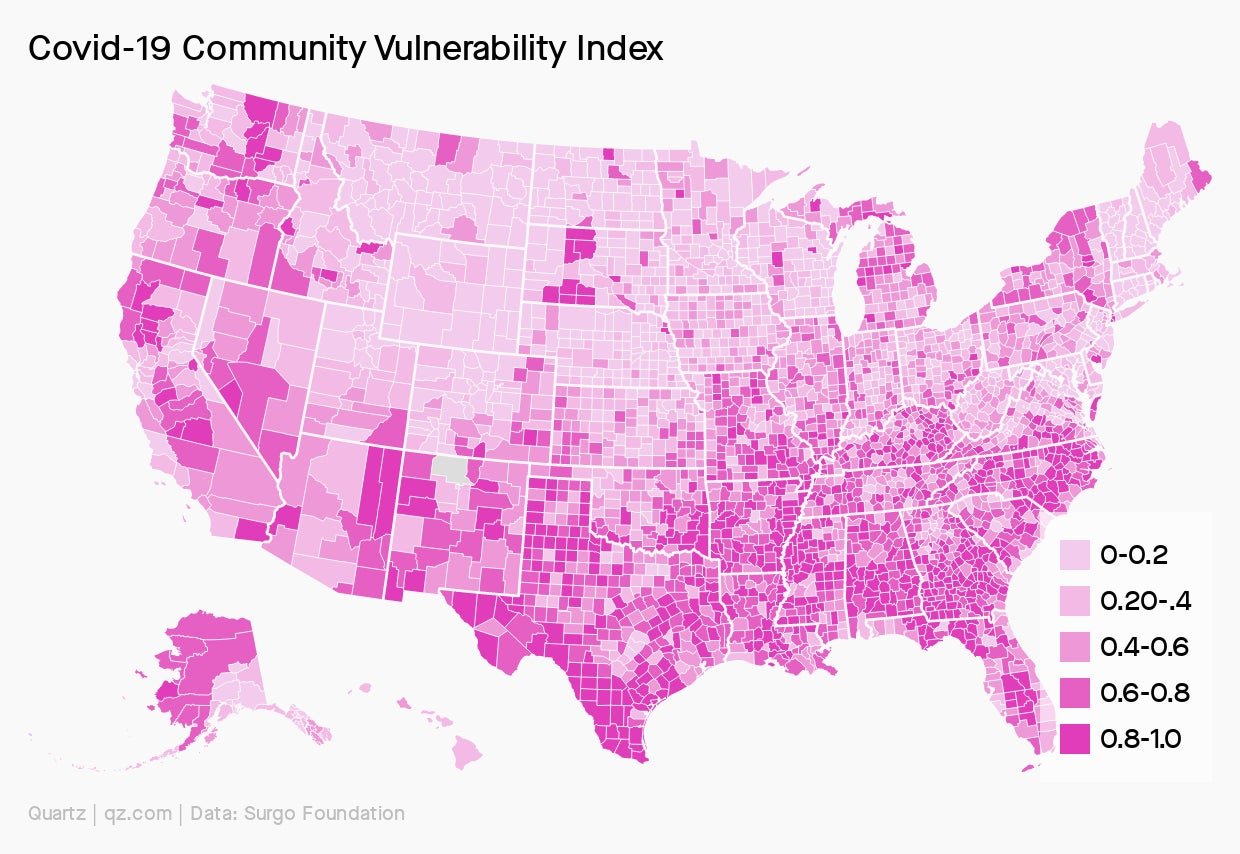Wirecard collapse, Covid-19 updates, giant gemstones
Good morning, Quartz readers!

Good morning, Quartz readers!
Here’s what you need to know
Wirecard filed for insolvency. The scandal-hit German digital payments company, whose former CEO was arrested this week over billions of missing euros, becomes the first sitting member of Germany’s blue-chip share index to go out of business.
Google will finally pay some publishers for their content. The company is launching a “news experience” later this year, and has struck deals with some Brazilian, German, and Australian content makers, “with more to come soon.”
SoftBank boss Masayoshi Son stepped down from the Alibaba board. The controversial investor walks away from the Chinese e-commerce giant after 15 successful years, and follows counterpart Jack Ma’s recent resignation from the SoftBank board.
Bayer agreed an $11 billion cancer settlement. The German chemical giant’s Roundup weedkiller, which is allegedly carcinogenic, has been subject to around 125,000 lawsuits. The company will pay up to $9.6 billion now and set aside a further $1.25 billion for future claims.
Olympus is out of the camera business after 84 years. The Japanese company, whose products were once considered revolutionary, has struggled to cope with smartphones and an “extremely severe digital camera market.” It will now focus on its other optical technologies, such as microscopes and lenses.
The Eiffel Tower reopened after three months. One of the world’s biggest tourist attractions returns from its longest break since the second world war. But visitors to the Paris site can’t use elevators or go higher than the second floor.
Thinking about a trip somewhere? Join us for a free Quartz at Work (from home) workshop on the science of decision making today at 11am EDT.
Covid-19 update: The good, the bad, and the runway
Coronavirus cases are surging in parts of the US. A record 37,000 new cases were reported across the country yesterday
Some US states are imposing quarantines. New York, New Jersey, and Connecticut are restricting arrivals from states with big outbreaks.
China says its Beijing outbreak is under control. But household and workplace clusters are popping back up.
India saw its highest daily spike. Almost 4,000 people in Delhi alone tested positive within 24 hours. Meanwhile, an ayurvedic Covid-19 “treatment” has caused huge controversy.
Mapping Covid-19 vulnerability
Even as the US prepares to reopen from lockdown, the pandemic is clearly far from over. But its impact depends a great deal on geography.
There are significant differences between and within states, not just in the number of cases but in their severity and in the overall vulnerability of their populations to outbreaks.

The Surgo Foundation compiled the Covid-19 Community Vulnerability Index, which describes the ability of a community to react to outbreaks, rather than its risk of infection. More vulnerability means that, once an area experiences an outbreak, it would last longer, and be deadlier and harder to contain.
For members: The trouble with oil’s talent pipeline
Three numbers that sum up the oil and gas industry’s recruiting problem:
78%: The number of US millennials surveyed by Pew in April who believe in supporting alternative forms of energy over fossil fuels.
Two-thirds: The number of teenagers surveyed by Ernst & Young in 2017 who believe the oil and gas industry “causes problems rather than solves them.”
44%: The proportion of millennials who told EY that they found a career in the industry “unappealing.”
Climate change and the boom-bust cycle have made what used to be a choice career path for engineers increasingly unpopular among young people in the US. Read more in this week’s field guide on fossil fuels going bust.
✦ Create a pipeline for yourself consisting of all the articles, presentations, field guides, and workshops available to members—start with a seven-day free trial! ✦
We’re obsessed with phenology
Stop and note the roses. Phenology is the close study of “nature’s clock,” from the grand rotation of the seasons to the minute behavior of a bumblebee. Natural observations have always been valuable, but as climate change has accelerated, phenology has acquired a sense of urgency. Whether you’re doing it for yourself or for science, phenology can offer a sense of comfort, engagement even in social isolation, and interspecies solidarity—all of which seem awfully relevant right now. Crack open your notebook… it’s the Quartz Weekly Obsession.
Surprising discoveries

Barcelona’s flora enjoyed a night out. The Gran Teatre del Liceu opera house filled its seats with 2,292 plants for a livestreamed concert.
Americans really love watching cop shows. Half of US broadcast network dramas are about law enforcement.
A miner in Tanzania became a millionaire in an instant. He found two large Tanzanite stones and sold them for $3.4 million.
The smallest US state is changing its name. Rhode Island and Providence Plantations is finally dropping the latter half of its moniker.
Water shoes are a thing, apparently. And they’re not Crocs.
Our best wishes for a productive day. Please send any news, comments, proper footwear, and cultured plants to [email protected]. Get the most out of Quartz by downloading our app on iOS or Android and becoming a member. Today’s Daily Brief was brought to you by Hasit Shah, Annalisa Merelli, Tim McDonnell, Jackie Bischof, Liz Webber, and Susan Howson.